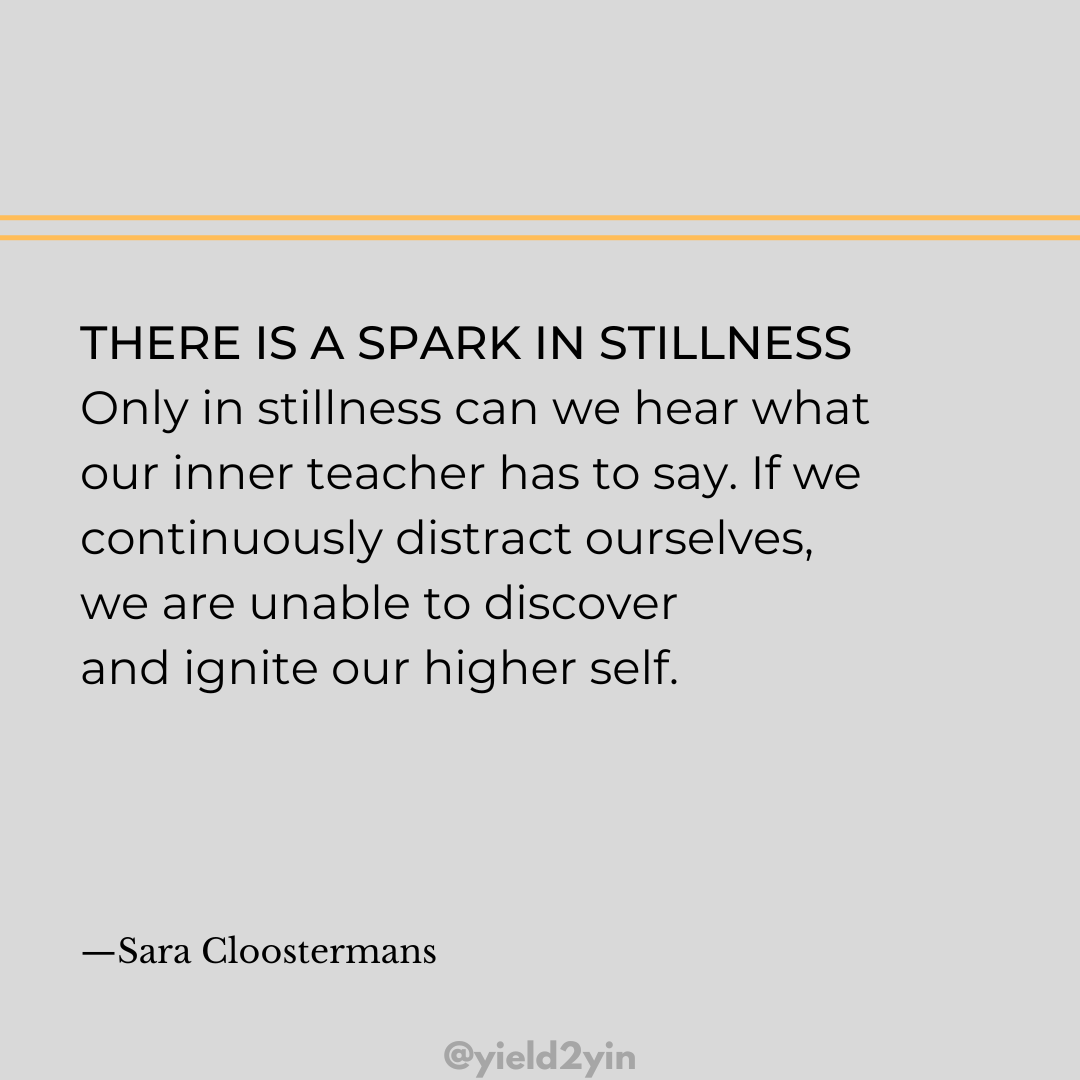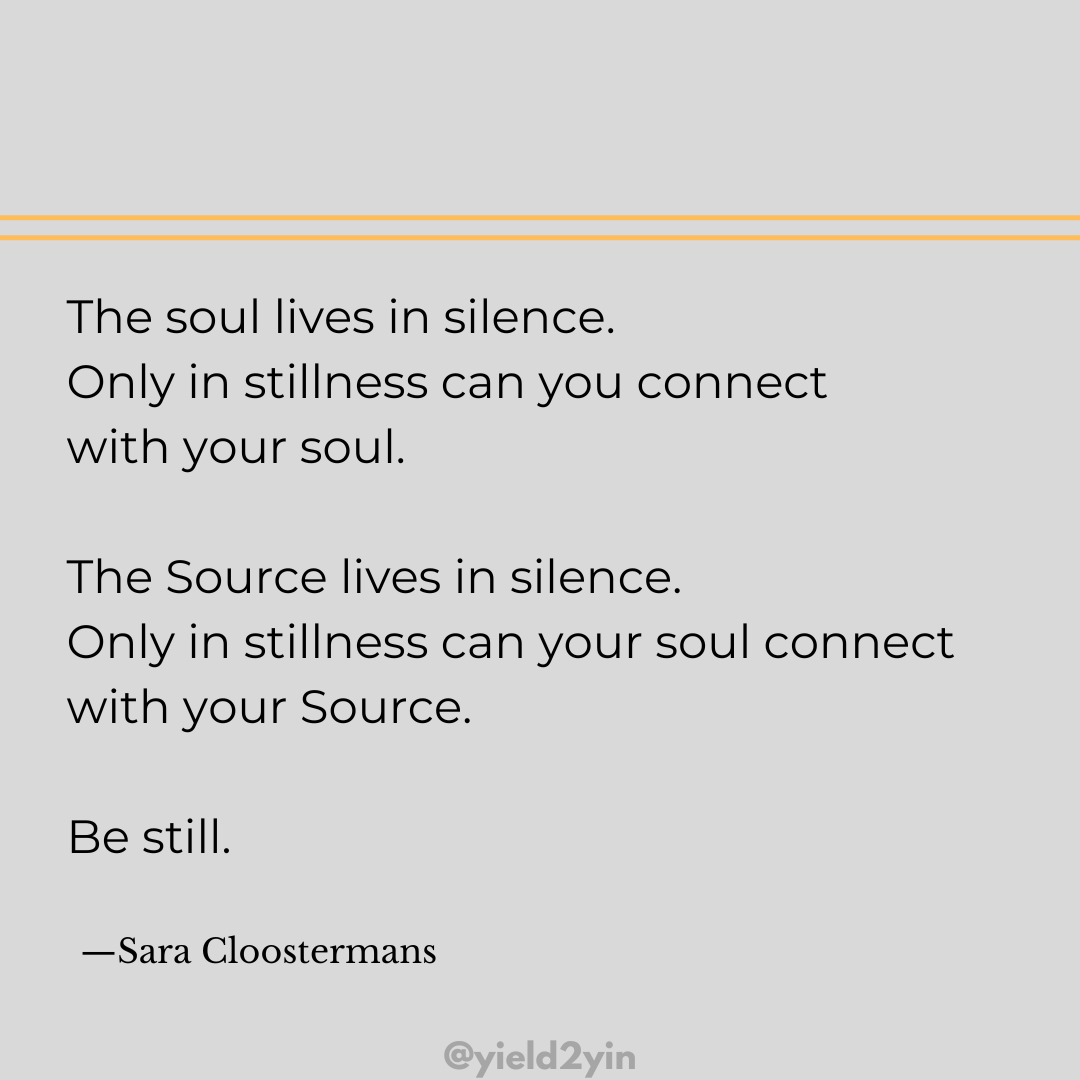*If you need help, or you are in an emergency or crisis, visit “Support Resources“.*
DBT (Dialectical Behavior Therapy), developed by psychologist Marsha Linehan, is a type of therapy that focuses on exercises like mindfulness and distress tolerance to help people manage and regulate the heightened and/or painful emotions they may be feeling.
TIPP Skill
“TIPP” is used for severe emotional dysregulation, to relieve stress intolerance:
- Temperature: A little shock to your physical system can help calm an intense emotion, try taking a cold shower or holding frozen lemons.
- Intense Exercise: Think about the last time you held a squat until it burned. You probably had a hard time thinking of anything else. Pushing yourself with exercise – ashtanga yoga, dancing, running, swimming, jumping – can help you get out of the emotional dysregulation and into your body.
- Progressive Muscle Relaxation: Lie down. Now, from head to toe, tense one part of your body for a few seconds, then relax that part. Repeat by moving down the body one part at a time.
- Pace Breathing (Diaphragmatic Breathing): Slow your breathing down by either following a breathing app on your phone or simply counting. Read here for more.
PLEASE Skill
In DBT, the acronym “PLEASE” helps you remember five tools that can aid in emotional regulation:
- treat PhysicaL illness: A healthy mind needs a healthy body. Go to regular doctor appointments, seek medical attention when you need it, follow doctors’ advice, etc.
- balance Eating: When you eat regularly and choose healthy options, you are supporting your mental health.
- avoid mood-Altering drugs: avoid use of alcohol, illegal drugs, prescription drugs that were not prescribed to you, and nicotine.
- balance Sleep: Adults need 7-9 hours of sleep each night. Practice good sleep hygiene, which includes going to bed at the same time each night, setting up a bedtime routine, limiting screentime before bed, etc.
- get Exercise: Regular movement can help balance hormones, keep your body healthy, and make you feel happy.
ACCEPTS Skill
“ACCEPTS” suggests strategies for distracting yourself from distressing emotions, so they become less intense (or disappear completely) by: focusing on others, creating new competing emotions, and engaging in distracting activities.
- Activities: focus on a small task and complete it
- Contribute: do something nice for someone else
- Comparisons: think of people who are similar to you or worse off than you
- Emotions: engage in an activity that creates a different emotion than the one you are currently experiencing
- Push away: put your difficult situation + thoughts and feelings in an imaginary box and keep it closed for a brief time
- Thoughts: do a mental grounding technique, such as saying the alphabet backwards or counting to one hundred by twos
- Sensations: focus on your five senses (taste, sound, touch, smell, sight) one at a time
IMPROVE Skill
“IMPROVE the Moment” helps you manage difficult emotions during heightened stress by replacing the event that is causing the intense emotions with a more pleasant one, or at least one that is easier to tolerate. This shift in action and focus is intended to reduce the intensity of the emotions and give you an increased sense of control.
- Imagery: imagine a safe place – a real place you once went to or an imaginary place
- Meaning: give this present moment a sense of purpose
- Prayer: ask for help from something or someone bigger than you
- Relaxation: do something that relaxes you
- One thing in the moment: focus on one single object, task or person
- Vacation: take a mini-vacation in this moment in time – take a shower, close your eyes, and pretend you are standing under a waterfall in a tropical forest
- Encouragement: give uplifting messages to yourself and others



